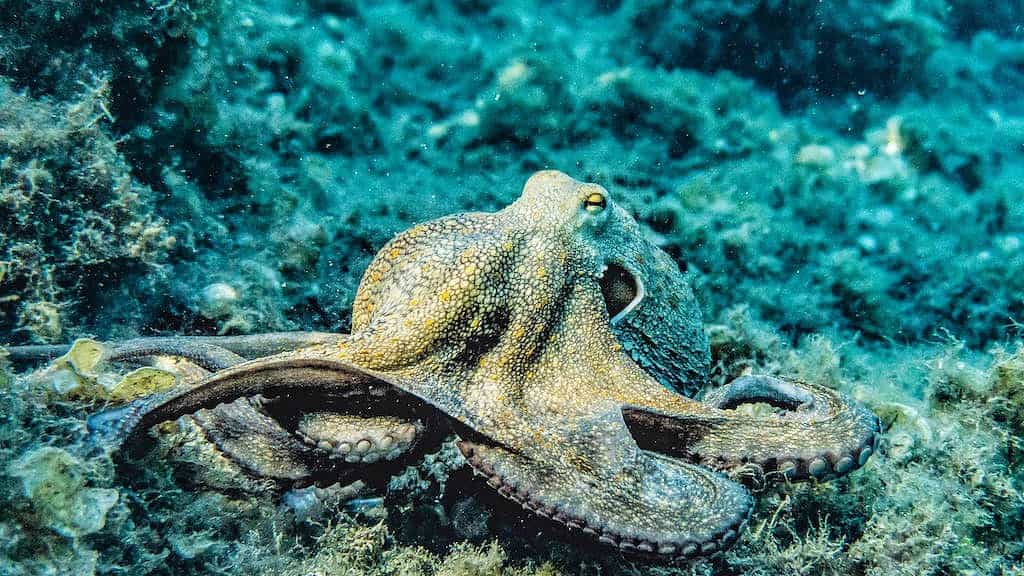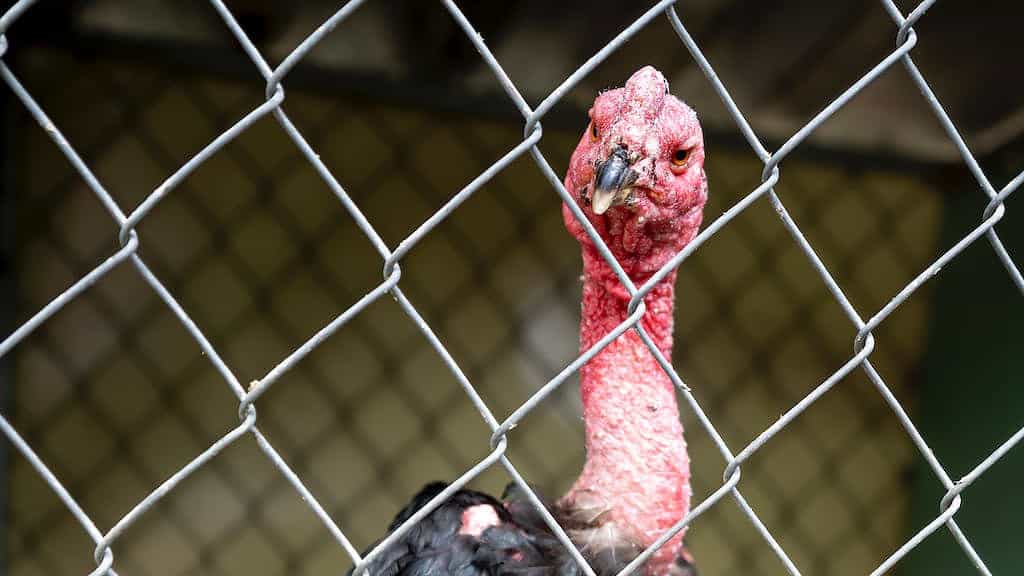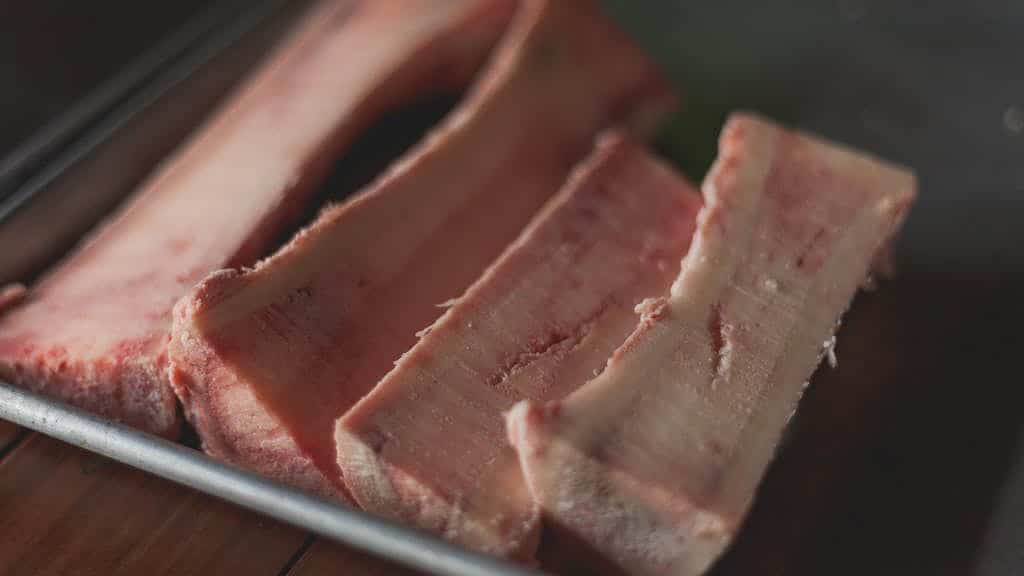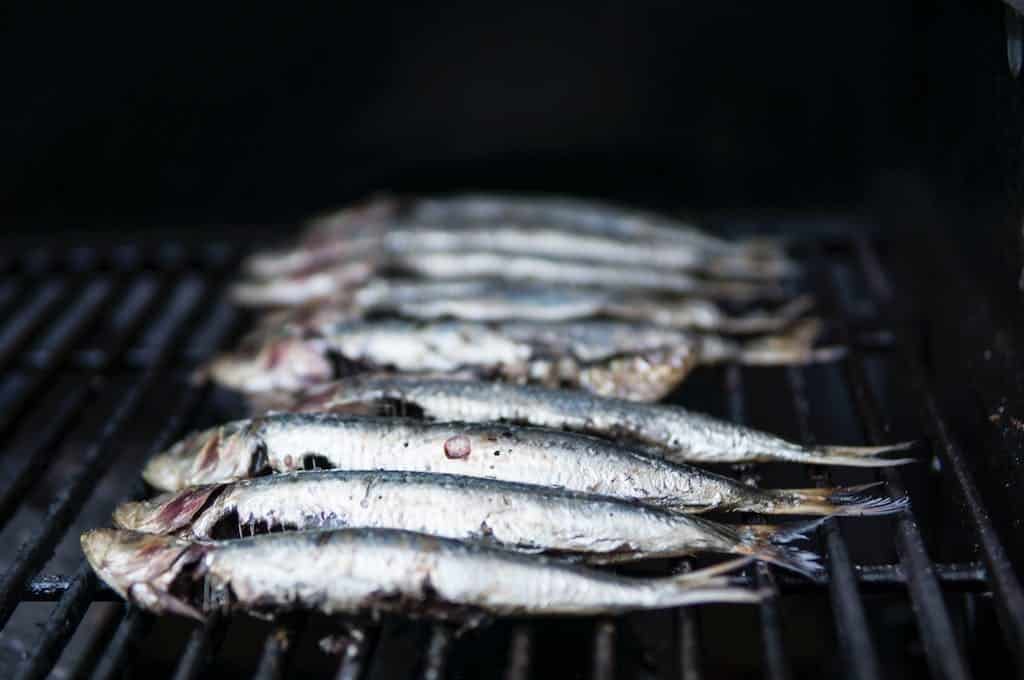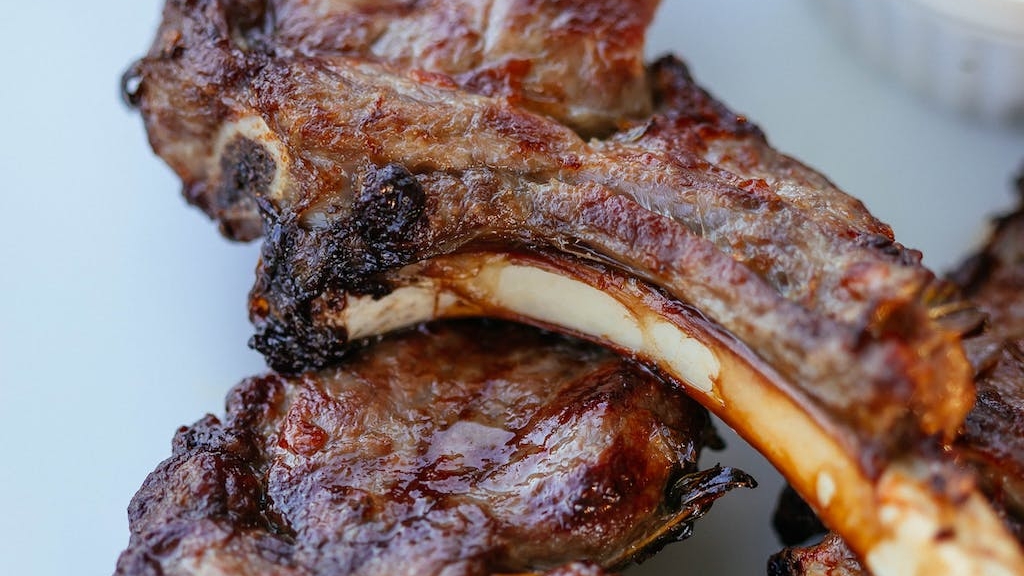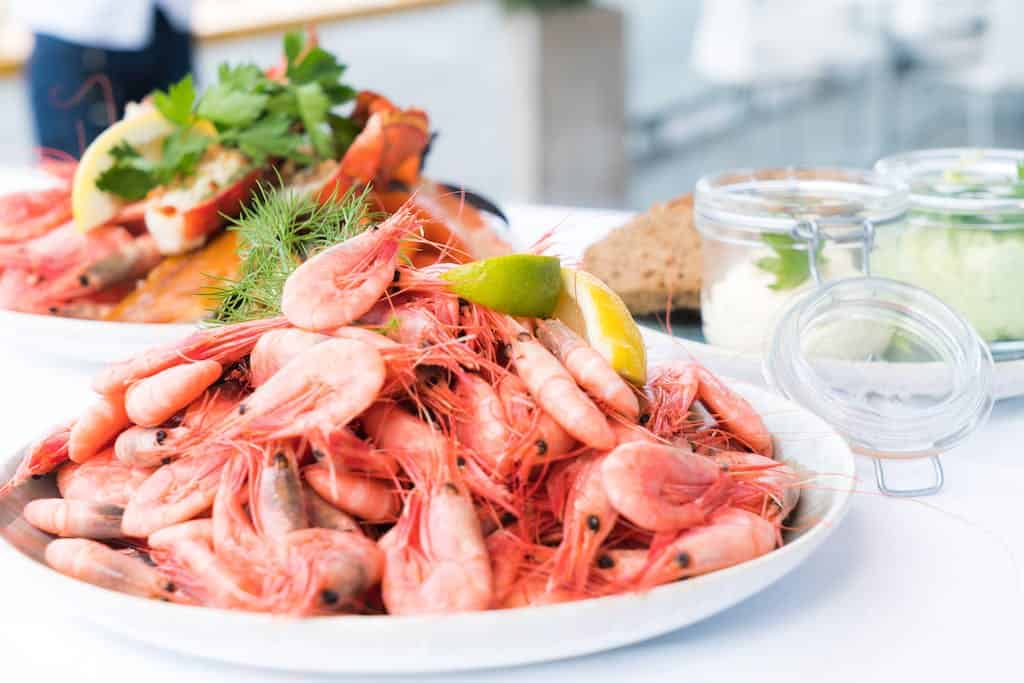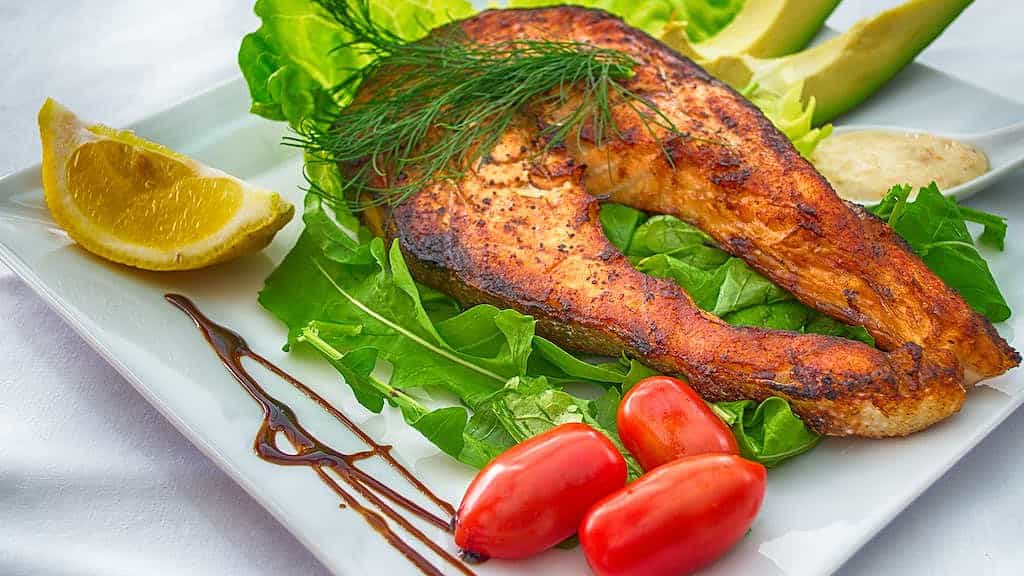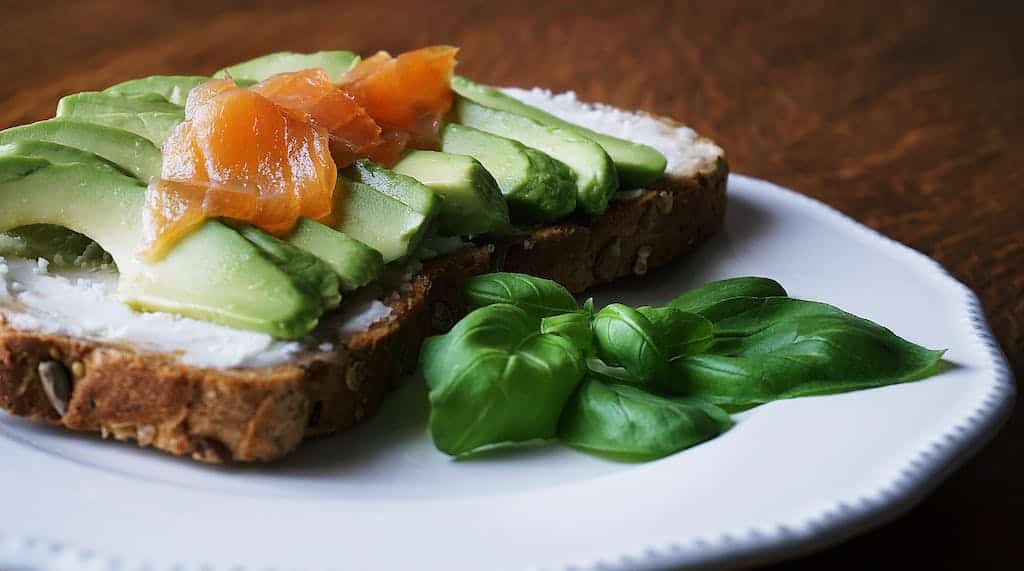Key Takeaways
- While octopus is generally safe for dogs to eat, it should be prepared in a dog-friendly way and served in moderation.
- Before feeding octopus to your dog, ensure it is properly cooked and free from seasonings, oils, or sauces that could be harmful.
- It must be cut into small pieces and served in small portions while the dog is monitored, the chewy rubbery texture can cause choking and digestive issues with some dogs especially smaller dogs
- Octopus can provide various health benefits to dogs, including being a good source of protein, omega-3 fatty acids, and essential minerals.
- Always introduce new foods gradually to monitor any potential allergic reactions or digestive issues in your dog.
- If your dog has pre-existing health conditions, consult with your veterinarian before including octopus in their diet.
- Never feed your dog raw or undercooked octopus, as it may pose a risk of bacterial infections or parasites.
- Monitor your dog for any adverse reactions after consuming octopus, such as vomiting, diarrhea, or discomfort, and seek veterinary help if necessary.
- Remember that every dog is different, and individual dietary needs and tolerances may vary. Pay attention to how your dog reacts to octopus and adjust accordingly.
Summary
Can dogs eat octopus? While dogs can technically eat octopus, it’s important to consider a few factors. This article explores whether it is safe for dogs to consume octopus meat. While the answer might be a simple yes, there are some crucial aspects to be aware of, such as potential risks and proper preparation methods. Understanding these details will help ensure your dog’s safety and wellbeing. If you want to learn more about the compatibility of dogs and octopus, continue reading this article for comprehensive insights.

Are octopuses safe for dogs to eat?
While octopuses are not toxic to dogs, it is generally recommended to avoid feeding them to your furry friend. On occasion and in small pieces and portions might be ok depending on how your pup reacts. Octopuses can pose potential risks, such as causing gastrointestinal upset, digestive issues, or blockages due to their tough and rubbery texture. Additionally, some dogs may have allergies to seafood, which could result in allergic reactions. It is always best to consult with your veterinarian before introducing any new foods to your dog’s diet, including octopuses.
Potential benefits of feeding octopuses to dogs
Octopuses are a source of various nutrients that could be beneficial for dogs. They contain high levels of proteins, omega-3 fatty acids, and minerals, such as iron and zinc. These nutrients contribute to healthy skin and coat, proper immune function, and overall well-being. However, it is important to note that there are other safer and more species-appropriate options to provide these nutrients to your dog, including various fish or supplements designed specifically for pets.
Risks and precautions associated with feeding octopuses to dogs
Feeding octopuses to dogs can present several risks and precautions. One major concern is the potential for choking or blockages, as dogs may struggle to chew the rubbery texture or swallow larger pieces. Another consideration is the high sodium content commonly found in octopuses, which can be harmful to dogs, especially those with specific health conditions such as heart or kidney problems. It is crucial to remove all bones, beaks, and suckers before offering octopus meat to your canine companion.
Alternatives to octopuses for dogs
Instead of sharing octopuses with your dog, there are numerous safe and nutritious alternatives available. Lean meats like chicken, turkey, or beef can be a great source of protein for dogs, while fish like salmon or sardines offer omega-3 fatty acids. Additionally, balanced and commercially-prepared dog food is specifically formulated to meet all of your pet’s nutritional needs. When in doubt, consult your veterinarian for specific dietary recommendations based on your dog’s individual needs.
Signs of adverse reactions to octopuses in dogs
If by any chance your dog consumes octopuses, it is important to be attentive to potential adverse reactions. Symptoms of an adverse reaction may include vomiting, diarrhea, abdominal pain, excessive drooling, lethargy, or difficulty breathing. If you notice any of these signs, contact your veterinarian immediately for guidance and proper treatment. Keep in mind that prevention is key, so monitor your dog’s access to octopuses and all potentially hazardous foods.
Quick Recap
While octopuses are not inherently toxic to dogs, it is generally recommended to avoid feeding them to your canine companion due to potential risks, such as digestive issues or blockages. There are safer and more appropriate alternatives to provide the necessary nutrients without compromising your dog’s health. As a treat, every now and then in very small pieces and portions might be ok for some dogs. Always consult with your veterinarian regarding your dog’s diet and any potential concerns or questions you may have about feeding octopuses or other unfamiliar foods.
Recipes and Alternatives to octopus for dogs
Although Octopus is ok for some dogs, in general it is not recommended for dogs as it can be difficult for them to digest and may cause gastrointestinal issues. However, there are plenty of other healthy and safe food options for dogs. Here are some alternative foods that you can include in your dog’s diet:
- Lean meats such as chicken, turkey, or beef
- Fish like salmon or sardines
- Vegetables such as carrots, peas, or green beans
- Fruits like apples, bananas, or blueberries
- Plain, cooked rice or pasta
Can Dogs Eat Octopus? – Frequently Asked Questions
1. Is it safe for dogs to eat octopus?
Yes, dogs can safely eat octopus when it is properly prepared, cooked, and served in moderation. However, there are a few things to consider before feeding your furry friend some delicious tentacles.
2. What nutritional value does octopus offer to dogs?
Octopus is a lean source of protein and contains essential nutrients like omega-3 fatty acids, minerals (such as selenium, potassium, and phosphorus), and vitamins (such as vitamin B12 and vitamin E). These nutrients can contribute to your dog’s overall health and well-being.
3. Can all dogs eat octopus?
While octopus can be a healthy addition to many dogs’ diets, it may not be suitable for all canines. Dogs with specific dietary restrictions, allergies, or sensitivities should avoid octopus. Some small dogs may have trouble chewing, swallowing, and digesting octopus. Additionally, always consult your veterinarian before introducing any new food into your dog’s diet.
4. How should octopus be prepared for dogs?
Octopus should be thoroughly cooked before serving it to your dog. Raw or undercooked octopus can pose potential health risks, including bacterial infections. It is recommended to boil or steam the octopus until it becomes tender, and then remove the skin, beak, and any tough parts to prevent choking hazards. Finally, chop the octopus into small, easily digestible pieces.
5. Can I feed my dog raw octopus?
Feeding raw octopus to your dog is not recommended due to the potential risks of bacterial and parasitic infections. Cooking the octopus thoroughly ensures the elimination of harmful bacteria and parasites, making it safer for canine consumption.
6. How much octopus can I give my dog?
While octopus can provide valuable nutrients, it should only be given as an occasional treat and not as a staple food. The quantity of octopus should be limited to prevent digestive issues and to maintain a balanced diet for your dog. As a general guideline, treats should make up no more than 10% of your dog’s daily caloric intake.
7. Are there any risks or side effects associated with feeding dogs octopus?
Although octopus is generally safe for dogs when cooked and served appropriately, some risks and side effects can occur. Potential issues include choking, digestive upset (such as diarrhea or vomiting), or an allergic reaction. Monitor your dog for any adverse reactions and discontinue feeding octopus if any problems arise.
8. Can octopus be harmful to dogs?
In general, octopus is not harmful to dogs when properly prepared and served in moderation. However, there are always exceptions. If your dog has a compromised immune system or any pre-existing health conditions, it is crucial to consult with your veterinarian before introducing octopus into their diet.
9. Can octopus be a suitable alternative for dogs with food allergies?
Octopus is not a common allergen for dogs, which makes it a potential alternative for dogs with food allergies. However, it’s essential to rule out individual sensitivities or allergies by introducing octopus gradually and monitoring your dog for any adverse reactions.
10. What other seafood can dogs safely consume?
Along with octopus, some other seafood that can be safely enjoyed by dogs when cooked thoroughly include shrimp, salmon, tuna, and whitefish. However, always make sure to remove any bones, skin, and seasoning, and serve it in moderation.
Conclusion
Dogs should not be fed octopus as a regular part of their diet. While small amounts of cooked octopus may not be harmful, there are potential risks associated with feeding it to dogs. Octopus can be tough to digest and may cause gastrointestinal issues such as vomiting, diarrhea, and constipation. Additionally, some octopus species can contain high levels of mercury, which can be toxic to dogs if consumed in large quantities. It is always best to consult with a veterinarian before introducing any new food into your dog’s diet to ensure their health and well-being are protected.
📚 Sources:
